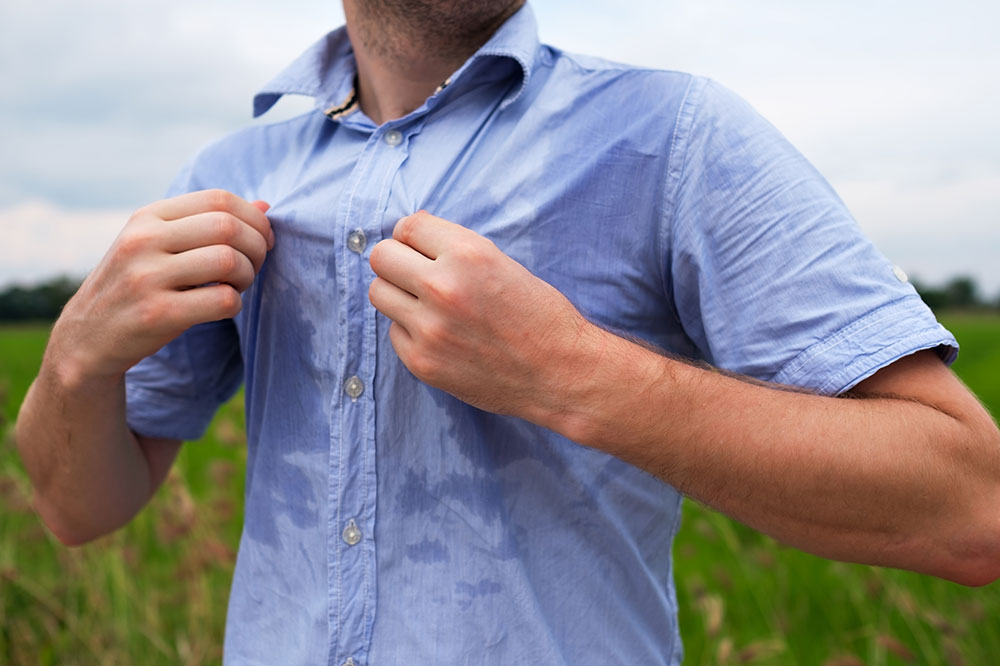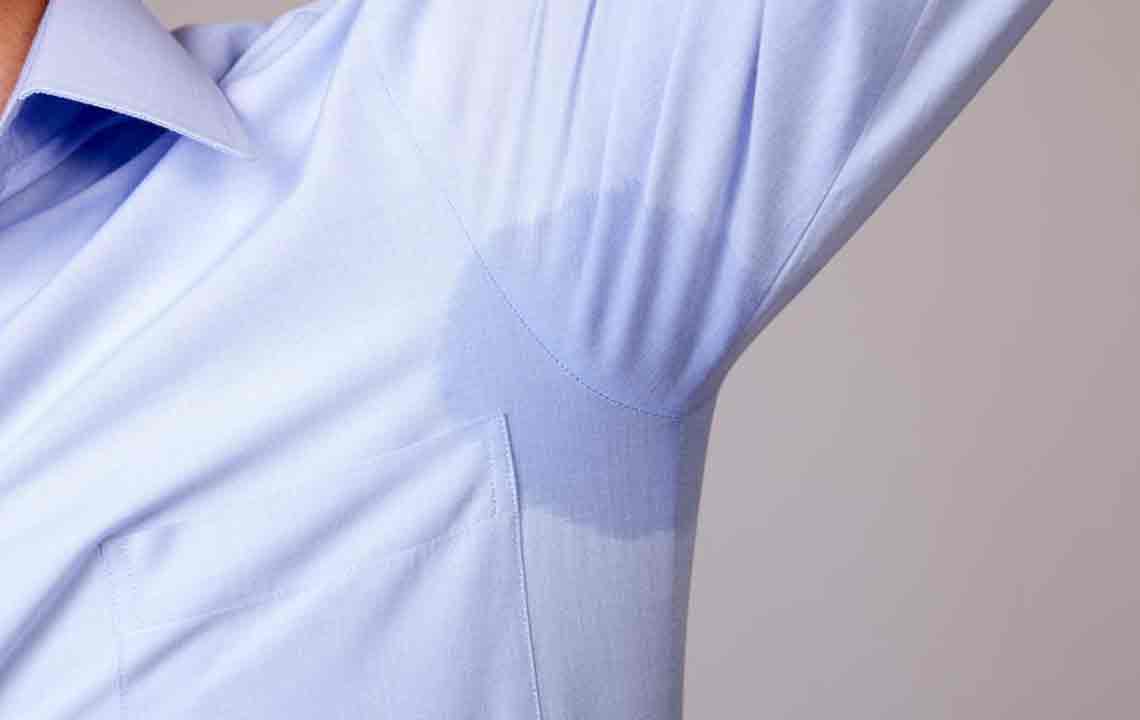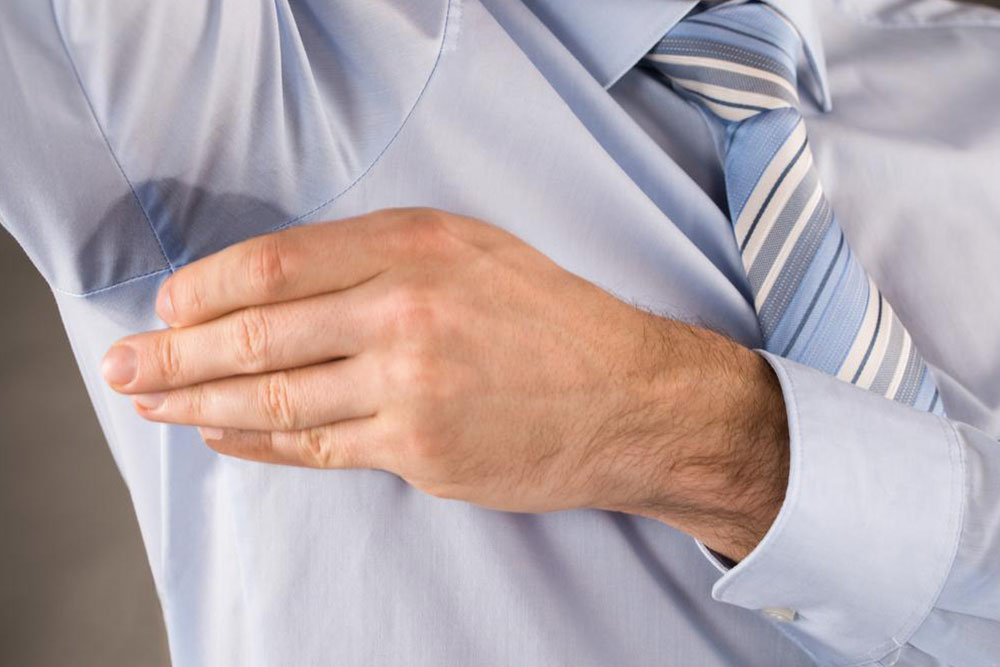Causes and Indicators of Severe Sweating: Normal Physiology and Health Disorders
This article explains the causes behind excessive sweating, covering normal triggers like hormonal changes and emotional responses, as well as medical conditions such as hyperhidrosis, hyperthyroidism, and diabetes. It highlights symptoms that indicate when medical consultation is necessary and discusses simple management approaches. An understanding of these factors can help individuals identify and address underlying health issues effectively, emphasizing the importance of professional healthcare support.

Causes and Indicators of Severe Sweating: Normal Physiology and Health Disorders
Profuse sweating is a vital process that helps maintain body temperature. Typically occurring during exercise, hot climates, or emotional stress, it becomes problematic when it happens excessively without obvious triggers. Such cases may point to underlying health issues. This article discusses both normal and abnormal causes of extreme perspiration, emphasizing when medical attention is necessary.
Common Triggers of Sweating
Perimenopause
The hormonal fluctuations during the transition to menopause can lead to increased sweating and hot flashes due to estrogen level changes.
Dietary factors such as spicy foods, caffeine, and alcohol may provoke sweating episodes, a phenomenon called gustatory hyperhidrosis. Emotional responses like anger, anxiety, or embarrassment can also trigger sweating, which usually diminishes once emotions stabilize.
Persistent or localized excessive sweating might indicate health issues like primary hyperhidrosis, thyroid dysfunction, or diabetes.
Medical Conditions Linked to Excessive Perspiration
Primary hyperhidrosis
This disorder causes uncontrolled sweating in areas like hands, feet, underarms, or groin, independent of activity. It can lead to skin problems such as softness, whitening, peeling, and increased infection risk.
Hyperthyroidism
An overactive thyroid gland produces excess thyroxine, disrupting metabolic and temperature regulation. Symptoms include heavy sweating, rapid heartbeat, and weight loss.
Diabetes
Low blood sugar levels in diabetics can cause excessive sweating. Chronic effects may impair sweat glands, resulting in abnormal sweating patterns, including gustatory sweating after meals.
Important Reminder:
This content is for informational purposes only and not a substitute for professional medical advice. Always consult healthcare providers for proper diagnosis and treatment. Use this information responsibly and seek professional help when necessary.


